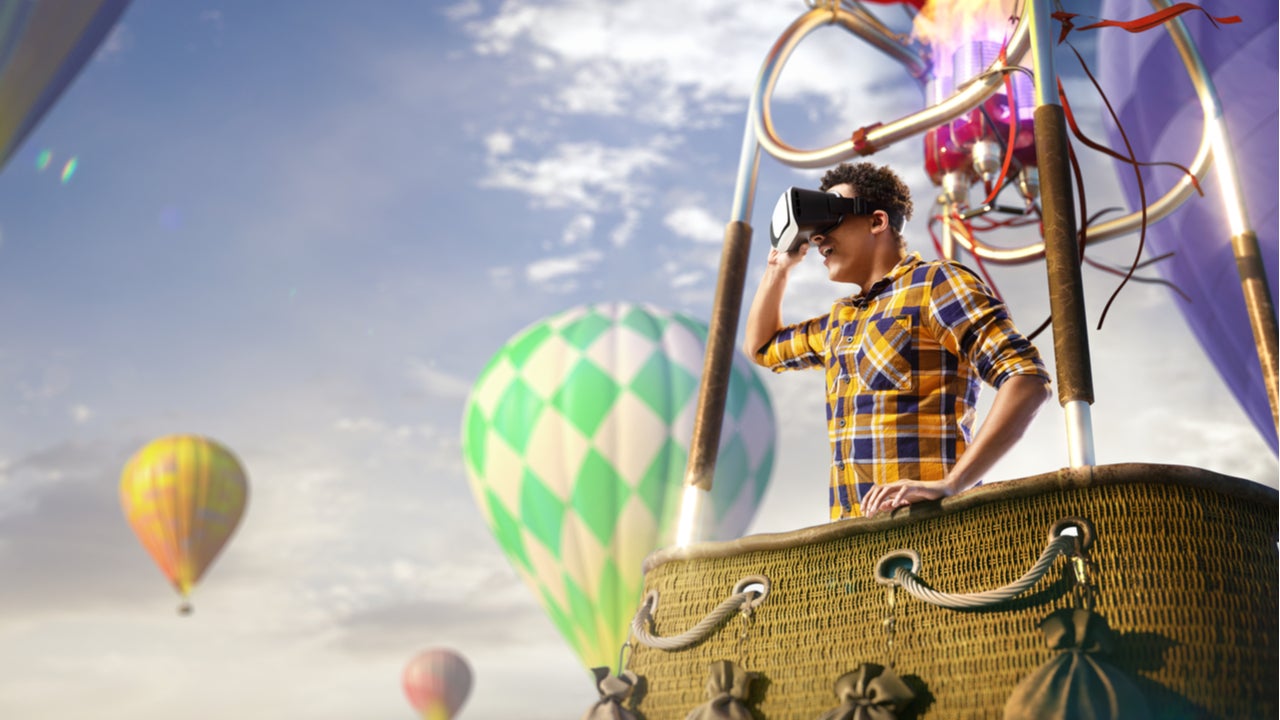
The impact of Covid-19 may allow VR to permanently shake off its image of being a gimmick in the tourism sector. The longer this pandemic goes on, the higher the chance that consumers and organizations adopt this technology on a more permanent basis.
Spending considerably more time indoors with an abundance of spare time, combined with an urge to travel, has meant that aspiring travellers have been turning to VR fill a void that travel restrictions have left. Oculus launched its ‘Quest 2’ headset in October and the most popular experiences include National Geographic VR, which takes users to far flung destinations, illustrating the usage of VR as a substitute for the real thing.
However, when the impact of Covid-19 is eventually controlled, this increased interest could easily subside. Travel and tourism is incredibly tangible; tangibility is something VR cannot provide to sufficient levels right now.
Marketing campaigns with VR focused strategy
A number of DMOs (Destination Management Organizations) have also started to use VR in marketing campaigns and to recreate touristic experiences. For example, The German National Tourist Board (GNTB) has recently taken viewers on trips across the country, as well as to parts of its Baltic and North Sea coasts.
This is all in the interest of drumming up demand as travel resumes. However, it remains to be seen if this kind of VR focused strategy will last beyond the pandemic and whether this technology will be restricted to usage in the dreaming/planning stage of a trip.
Many tourism companies will now be vying for a competitive advantage in order to accelerate recovery, using VR in marketing – such as room tours in hotels – adds another dimension to campaigns and will improve brand image during and in the aftermath of the pandemic, as it naturally reduces human contact. Because of this, VR will continue to be used in the early stages of planning.
How well do you really know your competitors?
Access the most comprehensive Company Profiles on the market, powered by GlobalData. Save hours of research. Gain competitive edge.

Thank you!
Your download email will arrive shortly
Not ready to buy yet? Download a free sample
We are confident about the unique quality of our Company Profiles. However, we want you to make the most beneficial decision for your business, so we offer a free sample that you can download by submitting the below form
By GlobalDataAn aid to the booking process
Virtual reality now has the opportunity to shift away from just being used to enhance marketing strategies. VR could start to be used more commonly in the booking stage. Amadeus was one of the first to create a prototype of a virtual reality travel and search booking experience. The concept allowed travelers to complete the whole booking process, from choosing the destination/service to payment, all without leaving virtual reality
Travelers could experience different bookable aspects of a holiday. For example, aspiring travellers could walk through an aircraft cabin and select their seat or when booking a rental car, they can sit in them and try different vehicles, then proceed to book.
A more multi-faceted usage of VR in tourism could be propelled by Gen Z in the coming years. This age cohort is most comfortable with advanced forms of technology. As this generation moves into higher-paid jobs, marketers will take them more seriously as a consumer group and companies will be more likely to incorporate VR in to operations. They will not feel alienated by the technology, which will help VR to make the transition from a gimmick to an important tool in the tourism sector which has multiple uses.




